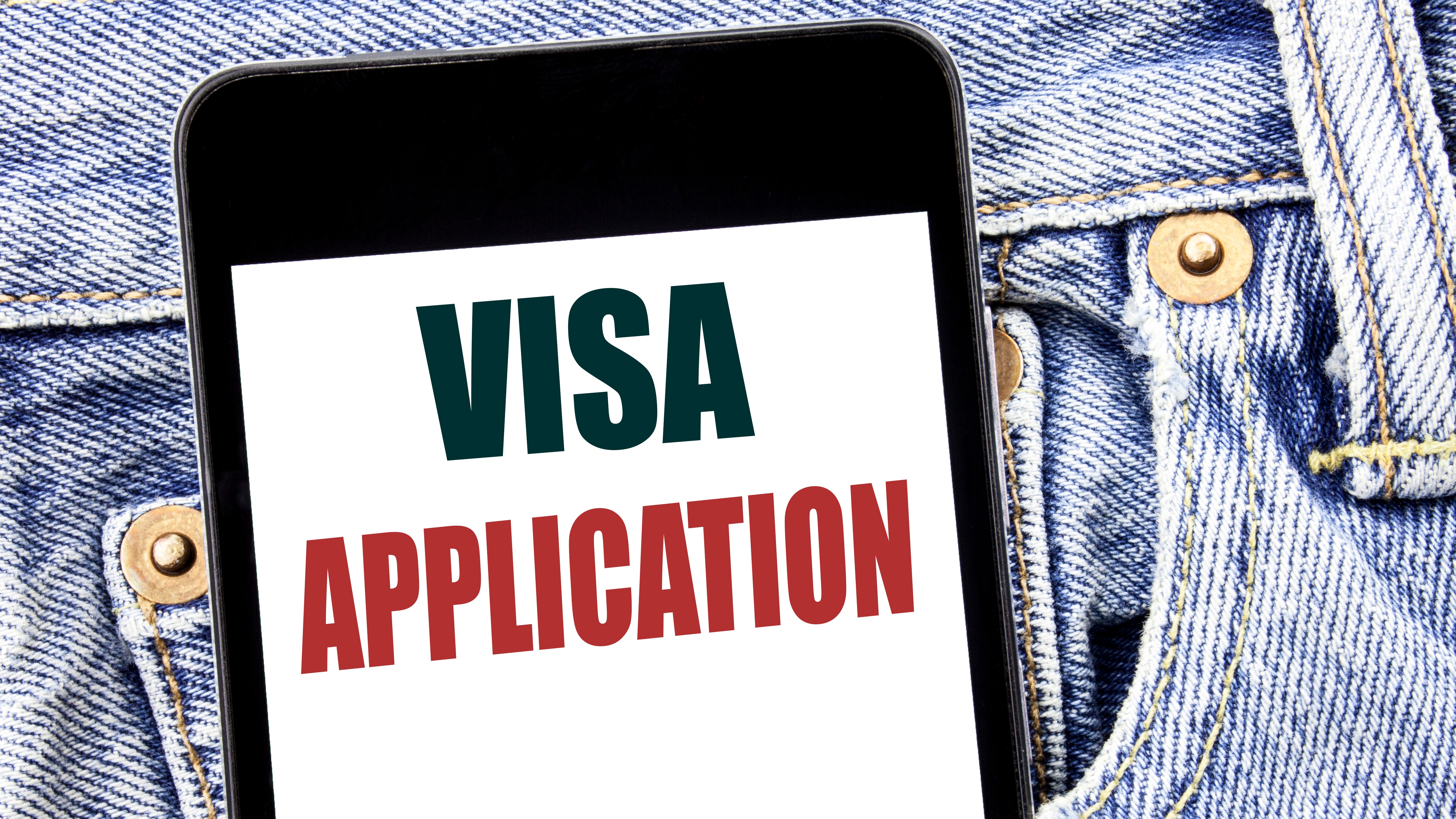The 457 visas will this month officially become a thing of the past, as the transition to the Temporary Skills Shortage (TSS) visas program begins.
After the sweeping changes were announced last April by Prime Minister Malcolm Turnbull, 457 visas will be entirely abolished this month.
Aimed at giving Australian workers priority for jobs, Turnbull said at the time that the changes would “put Australians first.”
While the TSS visas are set to be introduced this month, the exact date is unclear, with the Department of Home Affairs stating in its February newsletter it is in “the final stages of preparing for implementation of these changes in March 2018, with the exact implementation date impacted by legislative and systems release processes and timeframes.”
Replacing the 457 visas will be the new TSS visas which come with a number of new requirements for applicants.
While most 457 visas are issued for four years, the TSS visas will be divided into a short-term stream of up to two years, and a medium-term stream of up to four years, with employers having to declare the length of the intended employment.
Those in the short-term stream will have the capacity for visa renewal while onshore only once, while those in the medium stream will be given the capacity for renewal and a permanent residency pathway after three years.
The list of occupations with temporary work visas available has also been condensed from 651 to 435 occupations.
Applicants will have to demonstrate two years of work experience in the previous five years in the nominated occupation.
Employers will also be made to pay a training requirement of either $1,200 or $1,800 per year, depending on whether annual turnover is greater than $10 million.
An International English Language Testing System (IELTS) score of 5 is now required of all applicants, and police checks are mandatory.
Existing 457 visas will continue to remain in effect.
ICT industry
While the changes are set to ensure Australian workers have priority for Australian jobs, they have received mixed reviews from the ICT sector.
ACS has supported the introduction of the TSS visas since the announcement in April last year.
“While labour market testing and training benchmarks have previously existed in the 457 Visa framework, we see tightened criteria under a TSS programme as an important signal that the Turnbull Government understands the need to treat Australia’s human capital as a strategic asset as we expedite our transition to the digital and knowledge-based economies,” said Immediate Past President, Anthony Wong, at the time.
However, Australian software company, Atlassian, which has around a quarter of its employees currently on 457 visas, has not been as supportive.
Company Co-founder, Scott Farquhar, told the Financial Review that the changes could send the wrong message.
"The Australian government has gone a long way towards damaging our reputation as a place that people want to come and work globally," he said.
"Even before these new ideas have become law, the sentiment that the government has sent globally is that they are almost shouting out that Australia is closed for business."
Google has also voiced its disapproval, in a recent submission to the Department of Industry, Innovation and Science, labelling the new program to be “uncompetitive”.
Update: 14/3/18
The Department of Home Affairs has provided Information Age with a statement on the transtion from 457 to TSS visas.
"The Government expects to outline further advice regarding this issue soon," said a spokesperson.










